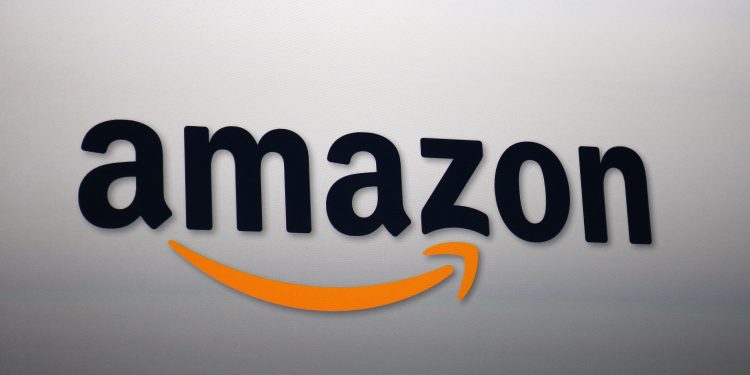Hangzhou: Shoppers’ data with e-commerce giants such as Alibaba, Amazon and Flipkart are fast proving to be the key to reducing inventories in the supply chain. Hangzhou-headquartered Alibaba sees the new age production getting integrated with front-end data held by retailers.
Underscoring the huge significance of consumer data, Chen Xiao Ping, CEO of Intime Retail Group – an Alibaba unit which is converging online and offline retail – said: “(For us) each payment is a beginning of new payment.”
Highlighting the crucial role of data in manufacturing, he noted that production was fast becoming consumer-centric from being product-centric. Alibaba group has fast emerged an e-commerce giant with monthly active mobile users increasing by 236 million over the past two years till September 2019.
The Chinese retail behemoth sold $30.8 billion worth of merchandise during its mega one-day global shopping event in 2018. Industry experts have forecast that it will break its previous year sales record this time. The mega shopping festival billed as Double 11 is set to kick off from midnight Sunday.
The bigger sales number means bigger data too which could be used to bring efficiency in the manufacturing sector.
“The future of retail effectiveness and efficiency is predictive retail. And predictive retail will depend on second to second data,” said Bengaluru-based brand and retail expert Harish Bijoor.
With their fingers on the pulse of consumers, using big data and analytics, digital companies like Alibaba, Amazon and others are sitting on a huge data bank considered the new oil. Alibaba uses enormous data it has on consumers, search terms, links shared and merchandises browsed etc.
Digitization helps in real time footfalls, order management, inventory numbers and potential areas of bottlenecks.
“New retail driven by digitization is the going to be key growth engine for the industry,” Intime’s Chen said. During this year’s Double 11, the 11th in a row, various digital platforms of Alibaba are offering 200,000 brands to over 700 million consumers.
In China, e-commerce accounts for 18 per cent of total retail.






































